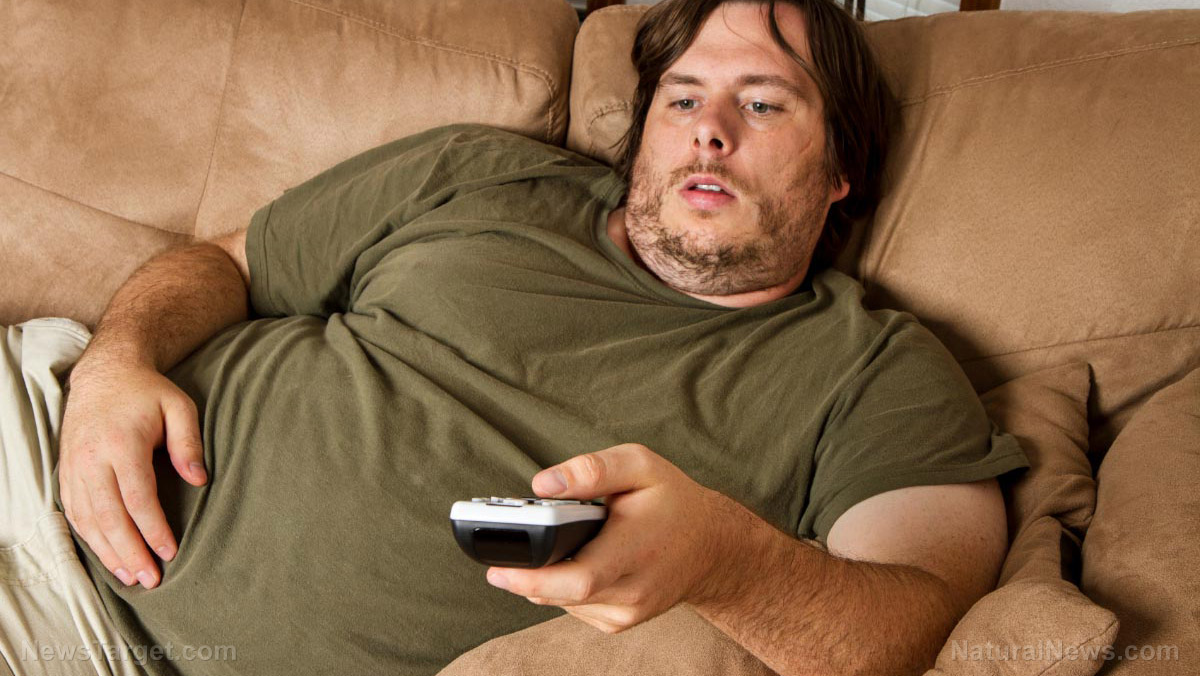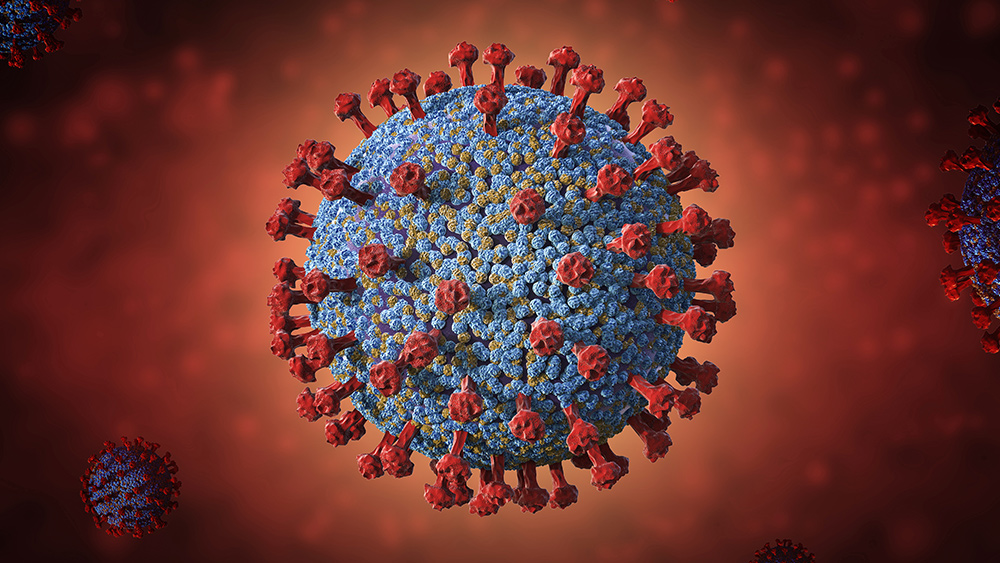WHO says covid lockdowns resulted in two years of “physical inactivity,” generating BILLIONS in needless healthcare costs
10/26/2022 / By Ethan Huff

It turns out that shutting everything down and locking everybody inside for two-plus years because of a scary “virus” was a horrible strategy for keeping people healthy and safe, assuming that was ever really the goal (hint: it was not).
A new report from the World Health Organization (WHO) reveals that a whopping $27 billion per year was needlessly spent on healthcare because people were cooped up in isolation. Many of them binge-ate while getting little-to-no exercise, which we here at Natural News know is a recipe for health disaster.
All those “Stay Home, Stay Safe” campaigns were complete bunk and entirely misguided, in other words. More people got sick and died than otherwise would have because of them – and those who still remain, but in poor health, have a lot of work to do to get back in shape.
Entitled “Global Status Report on Physical Activity 2022,” the new WHO report defies everything the United Nations arm was pushing back in 2020. It draws attention to the fact that people would have been better off doing more, not less throughout the plandemic.
The WHO is now essentially urging governments, primarily in the West where Wuhan coronavirus (Covid-19) lockdowns and other restrictions were extreme, to promote new dietary and exercise plans to fix the very problems caused by shutting everything down in the first place.
“… the [Chinese coronavirus] pandemic has shown that physical activity must be a core component of public policy, with all countries ensuring provision of equitable physical activity opportunities for all,” the WHO now says. (Related: Remember when the WHO was caught engaging in secret bioweapons research just prior to the launch of the scamdemic?)

“Globally, physical inactivity costs health systems US$ 27 billion a year and by 2030, US$ 300 billion,” the report further explains, again emphasizing that lack of exercise and movement is a leading cause of preventable, non-communicable diseases (NCDs) such as depression and heart disease.
Physical inactivity like the kind pushed during covid is a DEATH SENTENCE
The WHO report goes on to explain that the economic burden of living an obese, sedentary life “is large,” costing the system billions of dollars every single year. The human health toll is also gargantuan, amounting to about 500 million people annually around the world who developed NCDs.
“Globally, nearly half of new NCD cases (47%) will result from hypertension, and 43% will result from depression,” the report further states.
Two other chronic illnesses that have spiked as a result of the plandemic include diabetes and dementia. Physical inactivity and isolation are major triggers of these two diseases, it is finally being admitted.
Even before the Fauci Flu appeared out of nowhere, the WHO was issuing guidance about exercising and eating well to prevent disease. It was the year 2018, in fact, when the WHO advocated for national governments to promote physical activity and “national mass participation events.”
Then, after covid arrived, the WHO changed its tune and suddenly went lockstep with globalist world leaders in promoting Stay Home, Stay Safe propaganda, which has killed millions (if not billions, depending on how you interpret excess death data).
“School closures denied many children one of the opportunities they had to be active in communities where options for physical activity, sport and recreation are absent or inaccessible,” the WHO report goes on to state.
“The response to the pandemic also revealed the importance of providing opportunities that enable everyone to be regularly active no matter their age, gender, income, ethnicity or physical ability. The experience of the pandemic has made it clear that physical activity can no longer be viewed as a ‘nice to have’ component of public policy.”
Want to learn more about how government oppression is bad for human health? Visit Tyranny.news.
Sources for this article include:
Submit a correction >>
Tagged Under:
Censored Science, covid-19, disease causes, fitness focus, healthcare, lockdown, longevity, pandemic, physical activity, Plandemic, prevention, WHO, World Health Organization, Wuhan coronavirus
This article may contain statements that reflect the opinion of the author




















